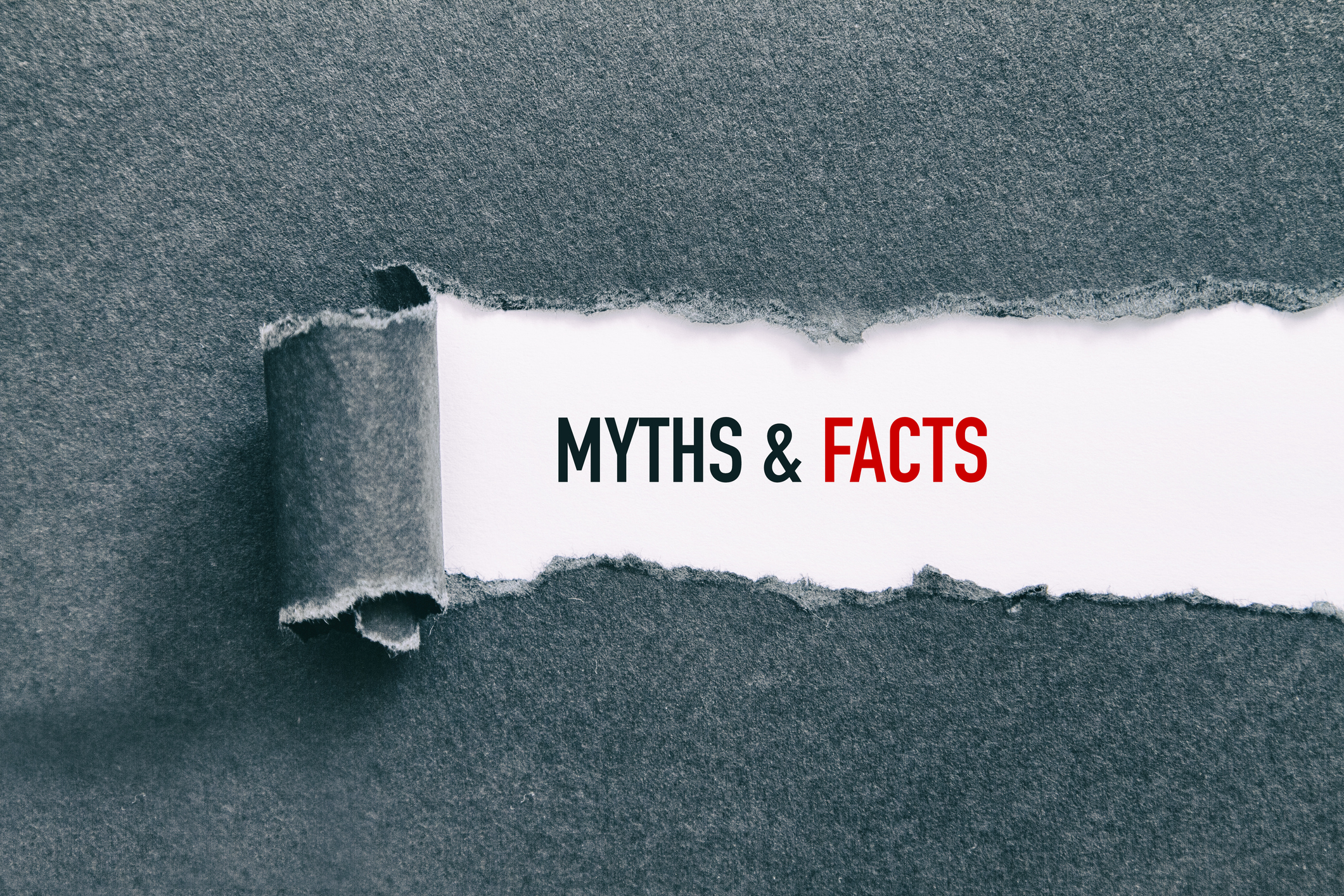Generation Z—colloquially known as Gen Z—is the demographic of young adults born between 1997 and 2009, the generation after millennials. This generation is known as digital natives because these tech-savvy young adults were raised on the internet and social media, and either do not know or cannot remember what life was like having a Motorola Razor, T-Mobile Sidekick, or any variation of the infamous BlackBerry.
In case you could not tell from the iconic group of phones that I listed, I was born in the spring of 1996—the tail-end of the millennial generation and I should escape the Gen Z label narrowly. However, I have been referred to as a Gen Zer, which makes the micro hairs on my scalp (I’m bald) perk up because I proudly derive from the AOL Instant Messenger and YouTube-MP3 converter era. I distinctly remember afternoons after school, connecting one end of the ethernet cable to the router and the other end to the laptop, logging on to AIM, and scouring YouTube looking for the newest music to pirate onto my iPod Touch.
There have been many articles written about Gen Z—what they are like, what motivates them, and how to best integrate them into the workforce. However, it is important to dispel fiction from fact. Here are the top three myths about the generation with the last remaining letter in the Latin alphabet, and some possible truths that can help you adapt to having another generation in your agency.
Myth No. 1: Gen Z is lazy and entitled
Just like their millennial predecessors who previously wore the entitled label, Gen Zers are nothing like their parents and grandparents when they were young adults. They have re-evaluated their priorities and they are demanding more from their employers and careers. Gen Z is seeking work that aligns with their values and provides opportunities for growth and development.
We witnessed the Great Resignation in 2021—when approximately 47.4 million people voluntarily resigned from their jobs,[1] three million people retired early,[2] and approximately 16.1 million people experienced unemployment at some point during that year.[3] While this exodus was attributed to the global COVID-19 pandemic, data suggests that this dramatic workforce change began before it.
Fact: Gen Zers are looking for flexibility and connections. Conditions like societal disagreements over mandates and restrictions, flexible work arrangements, and entrepreneurial opportunities also contributed to the mass departure of employees. As such, employers who neglect to adapt to the changing needs and values of Gen Z may find themselves struggling to attract and retain top talent in the years ahead. It is crucial for employers to listen to the needs of this generation and create a work environment that fosters growth, purpose and fulfillment. Agency owners should work to create mentorship programs that provide young employees with opportunities to enhance their professional development. Not only do these programs provide young employees with direction and feedback, but they strengthen office culture and promote camaraderie between older and younger employees.
Myth No. 2: Gen Z are job hoppers
At the height of the pandemic, many seasoned employees enjoyed the once-in-a-lifetime opportunity to work from home. However, for Gen Z and some millennials, the COVID-19 lockdown and the introduction to remote life disrupted the fabric of our daily lives and shifted the ways in which we learned, worked and interacted with one another.
Gen Zers became advocates for remote work, so much so that this generation has no reservations about quiet quitting—doing the minimum job requirements and putting in no more time, effort, or enthusiasm than necessary—or resigning from a job without giving the traditional two-week notice if working conditions are not up to their standards.
Fact: Gen Zers want balance and boundaries. In addition to flexible work, Gen Z prioritizes many benefits that previous generations overlooked or were previously excluded from including supporting physical and mental health; promoting diversity, equity, and inclusion initiatives and accountability; and maintaining a healthy work-life balance. This generation sets boundaries, and if those boundaries are breached, this generation of young adults will not hesitate to leave and find gainful employment elsewhere.
Myth No. 3: Work needs to be fun
As a millennial and young professional, I can attest that being in certain workplaces can feel like an extension of college. When you and your colleagues are all around the same age, blurring the personal and professional lines at work can be difficult. That, at times can be advantageous as it contributes to stronger trust between teammates, improves communication, and strengthens employee engagement and retention if employees can feel connected through friendship.
Fact: Gen Zers want to be challenged. While it may be misconstrued as fun, young employees simply want to be challenged, engaged, taken seriously by their colleagues and know that their work holds value and substance. Employers can take several steps in their workplaces to challenge employees and maximize their engagement.
First, employers can create a workplace of transparency and open communication by encouraging employees to express their feedback, ideas and opinions, which enables employees to feel heard and valued.
Second, employers can offer their employees flexible work arrangements, including working remotely or allowing employees to adjust their work schedules to help accommodate employees’ personal needs.
Third, employers could offer professional learning and trainings, such as conferences and webinars to boost employee engagement.
Lastly, officially recognizing and rewarding achievements also can go a long way in cementing gratitude for your employees.
Conclusion
Ignore the myths of Gen Z. Instead, focus on what those individuals in this generation are truly looking for in a workplace environment. This can lead to a better understanding of this demographic, which can result in improved recruitment and retention, productivity, innovation and customer satisfaction.
This article originally appeared in the July/August 2023 issue of PIA Magazine.
[1] CNN, 2022 (cnn.it/430RPYo)
[2] Bloomberg, 2021 (bloom.bg/3BFBPzk)
[3] U.S. Department of Labor, 2022 (bit.ly/435zpFG)

Theophilus Alexander
Theophilus W. Alexander has served in both houses of the New York State Legislature. He worked as a legislative analyst for Hon. New York State Sen. Samra G. Brouk, D-55, and he served at the New York State Assembly, as a policy analyst with New York Assembly Program & Counsel. Theo received his Bachelor of Arts degree in Politics from Ithaca College in Ithaca, N.Y.






